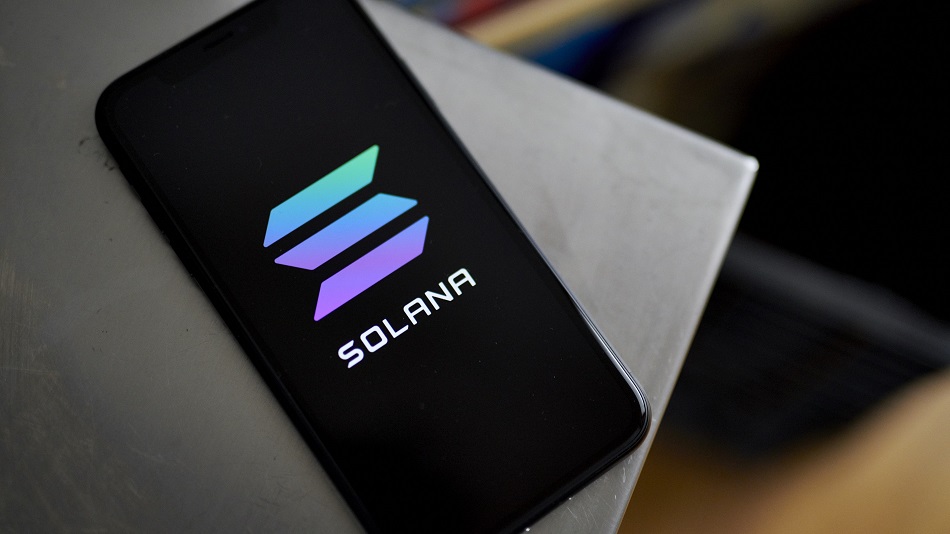
The Solana Foundation has taken decisive action against a group of validator operators involved in sandwich attacks on traders, removing them from its delegation program. This move underscores the Foundation’s commitment to maintaining the integrity and fairness of its network.
Understanding Sandwich Attacks
A sandwich attack is a malicious trading strategy commonly seen on blockchain networks like Ethereum. Here’s how it works:
- Identify a Pending Transaction: The attacker scans the network’s memepool (where pending transactions are stored) for a transaction that is about to be executed.
- Front-Running and Back-Running: The attacker places a buy order before the identified transaction and a sell order immediately after. This sequence manipulates the price of the asset, allowing the attacker to profit from the price changes induced by the original transaction.
| Step | Description |
|---|---|
| Identify Transaction | Scan for pending transactions in the mempool |
| Front-Running Order | Place a buy order before the identified transaction |
| Back-Running Order | Place a sell order immediately after the identified transaction |
This exploit ensures that the original transaction is executed at a less favorable price, allowing the attacker to extract profit at the expense of retail investors, who end up with the worst possible deal.
Solana’s Response to Malicious Validators
The Solana Foundation identified the involved validator operators through their participation in mempools, which facilitate sandwich attacks. Given the Foundation’s strict policies against malicious activities, these validators were immediately removed from the delegation program. This program is crucial for validators who may not have enough Solana (SOL) tokens to stake independently. By delegating SOL, the Foundation supports validators in securing and verifying transactions on the network.
| Action Taken | Details |
|---|---|
| Identified Validators | Through participation in memepools involved in sandwich attacks |
| Removed from Program | Based on the Foundation’s rules against malicious activities |
Tim Garcia, Solana’s validator relations lead, announced the removals on Discord. He emphasized that any operator engaging in harmful activities, such as participating in private memepools to execute sandwich attacks, will be permanently excluded from the delegation program.
Garcia stated, “Anyone found engaging in such activity will be rejected from the program, and any stake from the Foundation will be immediately and permanently removed.”
| Solana’s Stance | Outcome |
|---|---|
| Zero Tolerance | Permanent removal from the delegation program for malicious activity |
Solana Foundation Delegation Program
The Solana Foundation Delegation Program is designed to help validators start their operations by assigning them a stake in SOL tokens. Delegation allows users to grant staking rights to a validator or stake pool. In return, validators are responsible for creating new blocks and verifying transactions, which is essential for maintaining the network’s security and efficiency.
| Program Aspect | Purpose |
|---|---|
| Delegation | Assigns staking rights to validators |
| Validator Role | Create blocks and verify transactions |
| Selection Criteria | Based on performance and adherence to network rules |
However, when validators abuse this system by engaging in practices like sandwich attacks, they undermine the network’s trust and integrity. Mert Mumtaz, co-founder of Helius, a Solana remote procedure call provider, explained that some operators have modified their validators to enable such attacks. He stressed the importance of protecting retail users from these exploitative practices.
| Validator Abuse | Impact |
|---|---|
| Modification for Attacks | Enables sandwiching, harming retail users |
| Undermines Trust | Erodes confidence in the network’s fairness |
Protecting Retail Investors
The Solana Foundation is particularly vigilant about protecting retail investors from fraudulent activities. It recognizes the significant financial impact that malicious actors can have on individual investors and is committed to creating a secure trading environment.
| Protection Measures | Description |
|---|---|
| Zero Tolerance Policy | Immediate removal of validators involved in malicious activities |
| Investor Safeguards | Ensuring fair and secure transaction processes |
The Foundation’s actions reflect a broader industry trend towards increased scrutiny and regulation of validator activities to prevent exploitation and ensure a level playing field for all participants.
Moving forward, the Solana Foundation’s approach to managing validator activities will likely continue to evolve. This incident highlights the importance of robust oversight mechanisms to prevent and address malicious behaviors within blockchain networks.
Validators play a crucial role in the security and functionality of the network, and their actions directly impact user trust and the network’s overall stability. By maintaining strict standards and swift action against violations, the Solana Foundation aims to uphold the highest levels of integrity and security.
| Future Focus | Goals |
|---|---|
| Enhanced Oversight | Prevent and address malicious behaviors |
| Maintain Integrity | Uphold security and trust within the network |
The Solana Foundation’s decisive removal of validators involved in sandwich attacks underscores its commitment to protecting its network and users. By maintaining a stringent zero-tolerance policy towards malicious activities, Solana ensures that its delegation program supports only those validators who adhere to ethical and fair practices.
As the crypto industry continues to grow, the importance of vigilant oversight and proactive measures to protect investors cannot be overstated. Solana’s actions serve as a reminder that maintaining the integrity of blockchain networks requires constant vigilance and a firm stance against those who seek to exploit the system.
Featured image credit: Bloomberg via Getty Images
